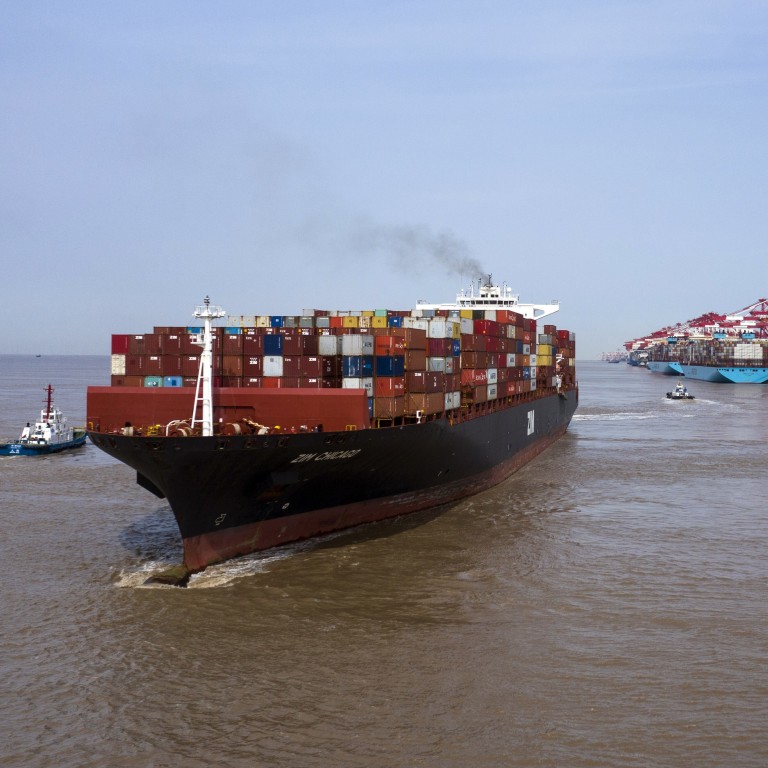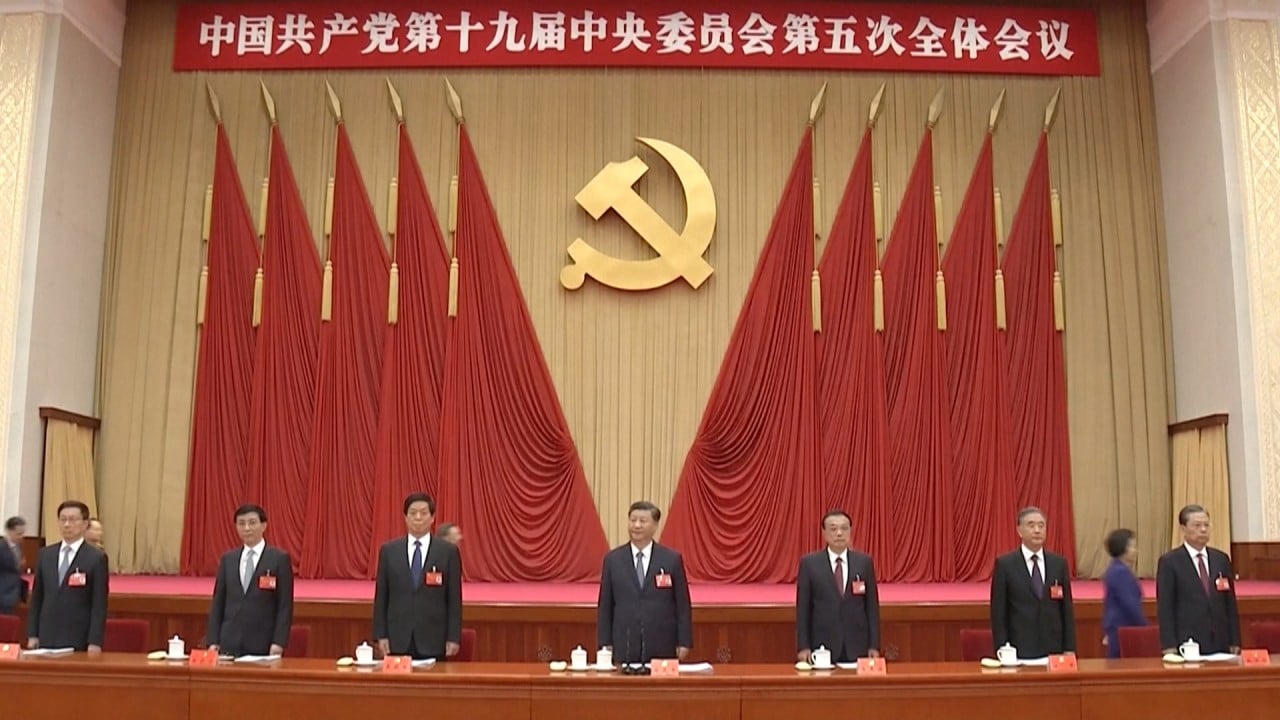
China’s Liu He vows Beijing will not give up economic opening with ‘dual circulation’ strategy
- Vice-Premier Liu He says China’s ‘dual circulation’ strategy does not mean reducing interaction with the outside world
- China will continue to seek ‘wider, broader and deeper’ economic opening, while shielding itself from external uncertainty
Vice-Premier Liu He, the top economic adviser to President Xi Jinping, has reiterated that China’s new focus on its domestic market and technological independence does not mean it is cutting links with the rest of the world.
“It’s impossible to do everything by yourself and to give up the international division of labour,” Liu wrote in an article published in the People’s Daily, a mouthpiece for the Communist Party, on Wednesday.

03:05
What happened at the Chinese Communist Party’s major policy meeting, the fifth plenum?
As a result, China will continue to seek “wider, broader and deeper” economic opening as part of its new economic strategy, Liu said.
Liu reiterated Beijing’s stance that China’s huge domestic market will provide “opportunities” to international businesses. At the same time, the nation will rely on its large domestic market to attract “global commodity and resource” inflows, which China will use to forge new “competitive advantages” internationally, he said.
China’s intended shift from an export-oriented economy is not new, but according to Liu the changes in the international environment over the last decade have made it necessary to reduce reliance on external markets and imported technologies.
Populism in major Western countries has prevailed with rising trade protectionism
“After the international financial crisis in 2008, the global market has contracted, with the world economy falling into persistent downturn,” Liu wrote. “Populism in major Western countries has prevailed with rising trade protectionism.
“China must enhance domestic circulation to strengthen autonomy and the sustainability of economic development.”
As China grows richer, its market of 1.4 billion people has become too lucrative for international businesses to pass by.
Beijing’s promise of fairer treatment and wider access for foreign firms has prompted those already in China to stay, and new firms to arrive.
At the same time, China is using access to its market as a lever to push other countries to toe Beijing’s policy lines. For instance, China has restricted imports of a series of Australian goods from wine to coal after Canberra angered Beijing on a number of fronts, from human rights to a call for an international probe of coronavirus’ origin.
However, China’s intention to reduce its exposure to external uncertainties, while increasing the world’s reliance on its domestic market and its place in global value chains, is also raising uneasiness.
The Wall Street Journal reported that the White House is considering the creation of “an informal alliance” of Western countries to jointly retaliate when China uses its trading power to “coerce” other countries, though it is unclear whether this Trump initiative will be pursued by the incoming Biden administration.

